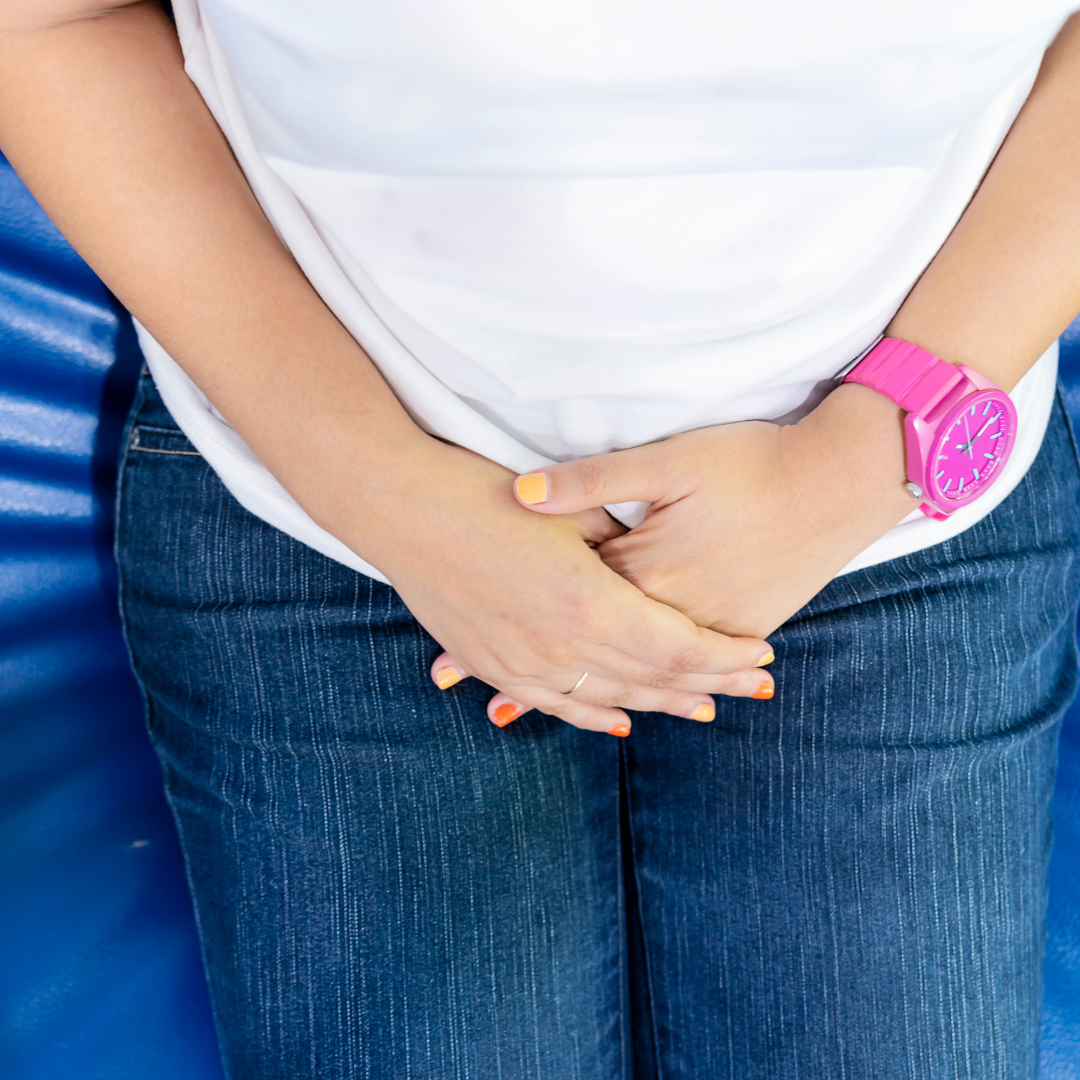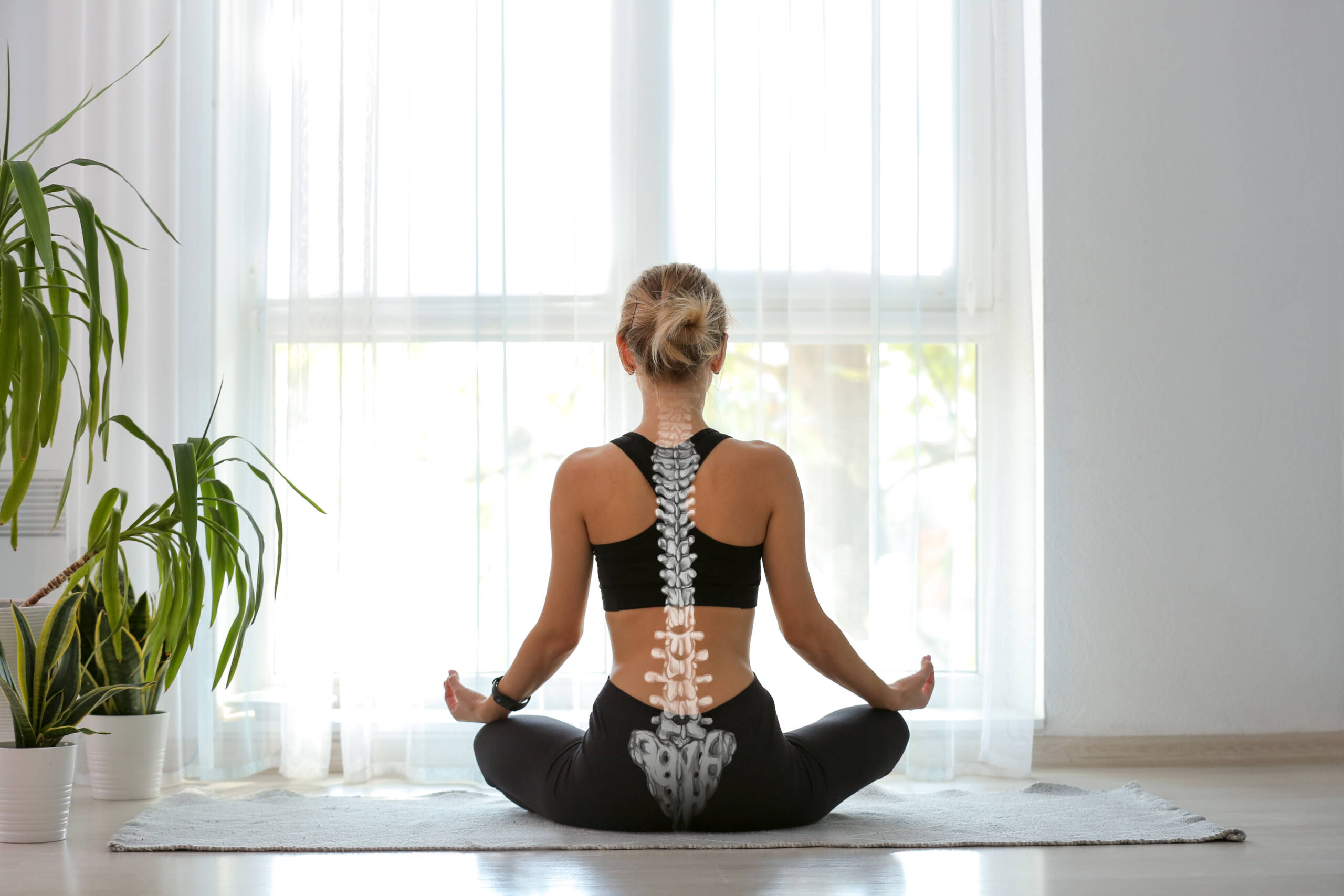In the stillness of the night, the sudden urge to pee can jolt you from your slumber, leaving you frustrated and weary the next day.

While commonly attributed to the aging process, the reality is that night time peeing, medically termed as nocturia, can affect people of all ages. Astonishingly, if you’re under 50 years old, experiencing this phenomenon is considered far from the norm.
Nocturia is characterized by the need to urinate more than 2-3 times throughout the night, and if it’s taking a toll on your overall well-being, seeking treatment is highly recommended. Beyond the obvious culprits like kidney dysfunction or diabetes, there are deeper medical conditions at play, such as heart disease, overactive bladder, and bladder infections. However, if you find yourself wondering whether there are other factors at work, here are five intriguing and commonly overlooked reasons for nocturia:
1. Hydrating Before Bed: While it might seem like a simple act of self-care, many individuals unwittingly consume fluids before turning in for the night causing night time peeing.
Surprisingly, these fluids could include bladder irritants such as tea, juices, or soda. Moreover, some individuals end up consuming a significant portion of their daily fluid intake during the late hours if they have not maintained proper hydration throughout the day.
2. Sleep Disorders: The enigmatic antidiuretic hormone (ADH) plays a pivotal role in reducing kidney activity at night, leading to decreased urine production.
During the nocturnal hours, ADH levels are at their peak. However, if your sleep patterns are disrupted, especially during the restorative deep sleep phases, your ADH levels might be compromised. This can lead to increased urine production and more frequent nocturnal bathroom visits.
3. Anxiety and Depression: The intertwined relationship between mental health and sleep patterns becomes evident when examining the effects of anxiety and depression.
Individuals grappling with these conditions often encounter sleep disturbances, which can prompt them to spend more time awake during the night. Consequently, this prolonged wakefulness can contribute to a higher frequency of bathroom trips.
4. Hormonal Fluctuations: The delicate dance of hormones within our bodies influences various bodily functions, including night time peeing.
Hormonal shifts, such as the decline of estrogen during menopause, can contribute to bladder dysfunction, sleep disruptions, hot flashes, and alterations in water and salt regulation. For men, inadequate levels of testosterone can also influence urine production.
5. Pelvic Floor Dysfunction: The unsung heroes of our bodily control, pelvic floor muscles, play a vital role in managing urinary and bowel functions.
When these muscles are either too weak or too tense, they can impact bladder capacity and control, leading to more frequent bathroom visits during the night.
How Pelvic PT Can Provide Much-Needed Relief for night time peeing:
Education: Our team of experts is committed to equipping you with personalized recommendations to fine-tune your lifestyle. From managing fluid intake and caffeine consumption to optimizing your diet, stress management, and sleep habits, our guidance can significantly impact your nocturia journey. Additionally, we can refer you to appropriate physicians and specialists who can address sleep disorders, hormonal imbalances, or any underlying conditions contributing to your night time peeing.
Bladder Diary: Embark on a journey of self-awareness by keeping track of your urine output and fluid intake for a span of 2-3 days. This record will offer valuable insights into your bladder habits and behaviors, helping us tailor our approach to your unique needs.
Bladder Retraining: Embrace techniques that empower your body to retain more urine effectively. Our experts will guide you through bladder retraining exercises that can ultimately reduce those disruptive midnight awakenings.
Exercises for Pelvic Floor Harmony: Our tailored pelvic floor exercises aim to enhance muscle strength, coordination, and relaxation. By addressing pelvic floor dysfunction, we can significantly improve your bladder control and, consequently, your quality of sleep.
Don’t allow night time peeing to monopolize your nights and leave you drained during the day. Our dedicated team of pelvic PT specialists is here to unravel the mysteries behind your nocturia and guide you towards restful nights and revitalized days. Click here to schedule a call!
















